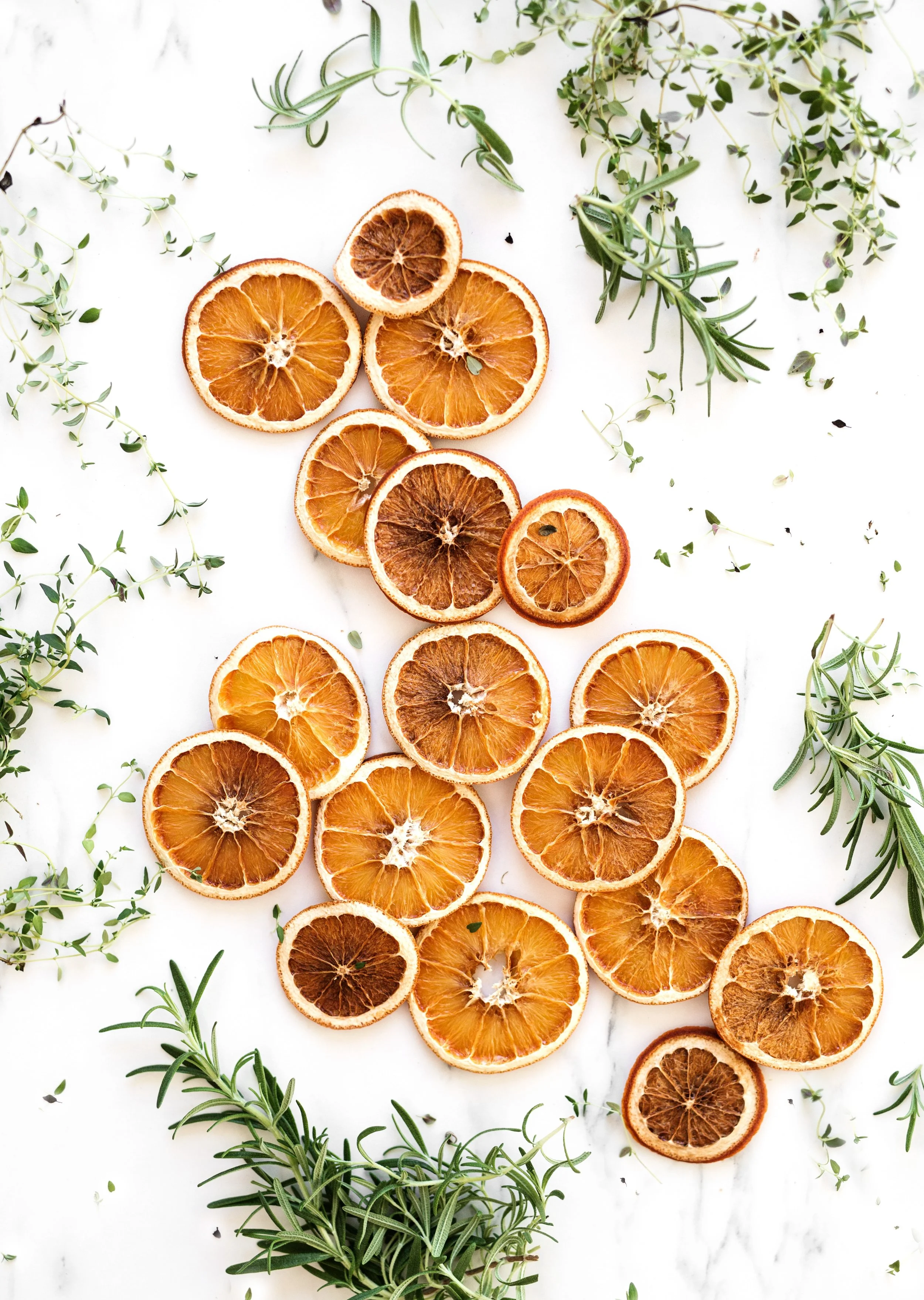+ CASE STUDY (Read More)
Here’s an example, iron deficiency, which is one of the most common nutrient deficiencies in the world, affecting more than 25% of the population.
Jane, a 28-year-old woman presented to clinic, complaining of always feeling tired, especially in the morning, even after hitting snooze at least three times each morning, daily bloating, occasional constipation, headaches and skin outbreaks especially on her jawline. She also said some days she was wired and experienced anxiety, which could affect her ability to fall asleep.
Upon reviewing Jane’s recent blood test, her ferritin, stored iron in the body, was 33. This is far too low. Although according to the medical model her level was ‘normal’, however for Jane to be thriving, not surviving, ferritin should be over 80. The medical model has a reference range of 15 or 30 to 200 but ferritin levels below 50 are on the lower side. You’re flirting with an iron deficiency, and often you’ll experience signs and symptoms of low iron such as lethargy, headaches, cramps and hormonal issues, including menstrual irregularities and hormonal acne outbreaks.
We also discovered that Jane was intolerant to cows dairy, wheat and lentils, which were removed from her diet and replaced with high fibre wheat-free foods and cows dairy alternatives, such as goats cheese, coconut yoghurt and nut milks.
I worked with Jane for a few months, tweaking her diet and making small and gradual changes. At her consultation that was 13 months after her initial consultation, Jane stated her energy had improved from a 3/10 to an 8/10, she no longer had headaches and her acne outbreaks were “less angry” and lasted for 3 days rather than 6 days. Overall, she’d made significant improvement. During this time, Jane had changed her diet, including increasing her intake of vegetables up to 6 veg/day, enjoying a handful of nuts/seeds per day, red meat at least twice per week, 1 egg per day and more berries + reduced processed food and her intolerances. Jane was now having 1 small coffee per day instead of 3, and walking 4 times per week. When we retested her iron levels, which had increased from 33 to 66 and she no bloating, and bowel movements had increased to twice per day, which was fantastic progress.





